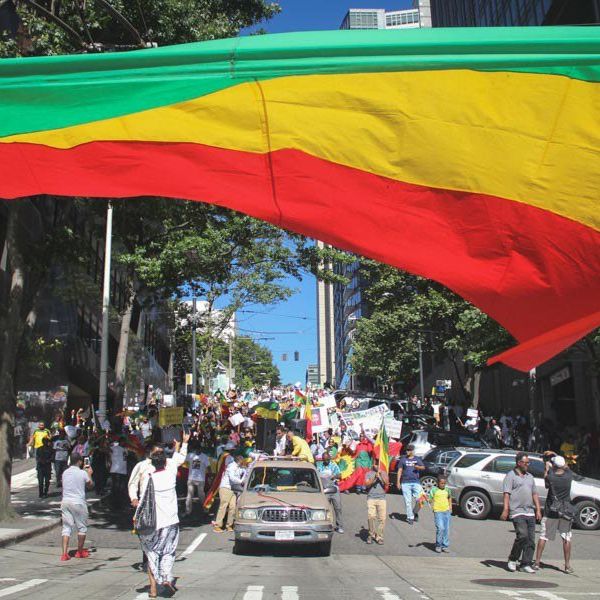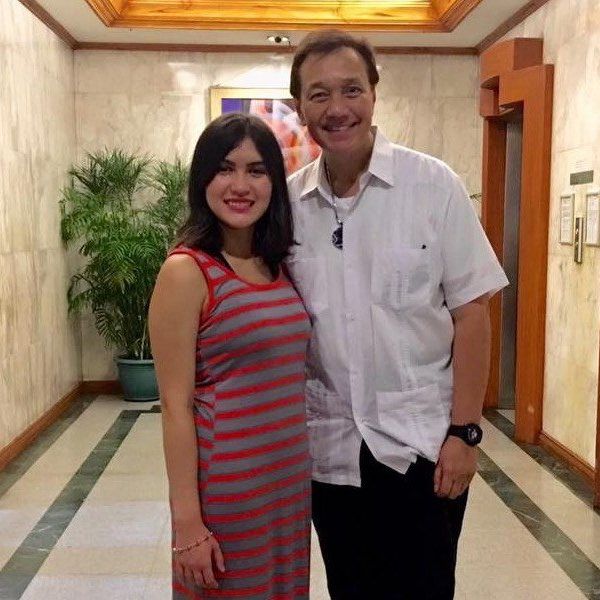Who was André Gorz? According to his Wikipedia page he was born in Vienna, Austria February 9, 1923 and died in Vosnon, France in September 27, 2007. André Gorz was also known by the names Gérard Horst and Michel Bosquet. The author of many books and also the cofounder of the publication currently known as “L’Obs” but originally “France Observateur,” Gorz maintained a keen interest in political ecology. One of his first and most impactful ecologic writings was his “Ecology as Politics.” Published in 1975 as “Écologie et Politique,” Gorz’ monograph was a collection, with some articles having been published elsewhere, about ecology and labor. In his text, Gorz focused on energy, resource production, and resource distribution and its effects on labor in addition to topics such as nuclear power, medicine, and health. Gorz channeled his thoughts and ideas toward solutions. Living the majority of his life in France, France is the focus of “Ecology as Politics” but that does not stop Gorz’ writings from being applicable to other interactions between the political and the ecological. Even today Gorz’ writings can also apply, in particular, to American political ecology.
Climate change is an obvious reality, and also clearly evident is that the majority of new American wealth has gone into the control of a vast minority. The decline of the middle class is the concern of oh-so-many politicians. But, that decline makes sense in the context of current global economic systems and the way the American government facilitates the lifestyle of corporate and political gain rather than economic sustainability for the majority of American people. Gorz might say that in the face of environmental devastation and economic inequity we face a “poverty of affluence.” Gorz draws a distinction between the ‘persistence’ and the ‘existence’ of poverty. What accounts for the existence of poverty in so-called “developed” and “industrialized” countries? Given the wealth, resources, and infrastructure of the U.S. the existence of poverty, particularly for people of color, is dubious. Gorz maintained that the existence of poverty is not explained by the shortage of resources but the inadequate and inequitable distribution of resources. Thus, when resources exist but are distributed in such a way that create inequality, nations deal with a persistence of poverty. Gorz also argued that the persistence of poverty, in the case that resources are not equitably distributed, is not merely an economic issue but becomes inherently social. The persistence of poverty can be explained when the phenomenon is looked at as part of the maintenance of a social order.
Now what, perhaps, does the maintenance of a social order look like? Well, it is an election year. Usually, only wealthy individuals or those with wealthy backers run for president because the established political system selects for those with access to wealth or are malleable because of it. Generally, those individuals only make incremental change almost not worth noting or simply maintain the status quo (there are of course those who work against change but those people generally make themselves obvious). Even more suspect are the political institutions which hold political power as the means to making change. If political monopoly is the primary goal of political institutions, then equality can of course be put aside until political victory is secure, victory which is questioned every election cycle.
On September 22, 2007 Gorz and his spouse died by lethal injection. Dorine, his wife, had been diagnosed with a terminal illness. Neither desired to outlive the other. Beyond his thoughts on poverty, ecology, politics, nuclear power, medicine and a plethora of other topics, Gorz embodied the spirit of an active and populist intellectual. Eschewing intellectual abstraction Gorz wrote with the intent of stimulating reflection, action, and material change. Gorz believed that goods should and could not be produced at the undo cost of people or the environment and as such proposed solutions which would provide a sort of conscious for production. Production needs a conscious if it is going to be equitable and sustainable. There is more than one way to create a conscious, but some are more effective than others. If climate change means resource shortage, and elites expecting to maintain the status quo control political institutions, then there are sure to be turbulent times ahead.





















